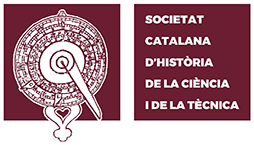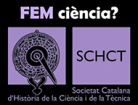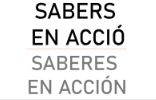Entrevista a Ludmilla Jordanova
“The past is inevitably part of the present”
Per Júlia Massó
El passat 20 de febrer de 2020, Ludmilla Jordanova va fer la ponència “Collections and Display: the Royal College of Physicians in London”, dins del cicle “Objectes perduts. Explicar i exposar ciència a museus i altres llocs públics”. En aquesta entrevista, parlem amb ella sobre la seva conferència, sobre el paper dels historiadors en l’art i les ciències i sobre els seus estudis en la cultura visual i museologia.
1. First of all, in order to contextualize this interview, I would like to ask you about the main points of your talk. Could you explain them?
The main point of my talk was to use a specific example of a medical institution in London to examine its collections, values and attitudes, and to show some of the larger themes that can emerge, such as how institutions value their history, which allow historians to understand better why collections are assembled and displayed and also to make comparisons with other institutions. I selected a few examples from the Royal College of Physicians (RCP) collections, and stressed the importance of visual and material culture, for example in helping to shape identity, and to give those who use the building a sense of the past. I suggested some of the ways in which taste and aesthetic preferences play a part, for example by comparing recently-commissioned RCP portraits, with more artistically adventurous ones at the National Portrait Gallery in London. I ended by pointing out that by putting Harvey’s portrait, for instance on mugs and on fridge magnets, that is on ordinary objects, many versions of the original become part of everyday lives, and that this is something that should interest historians. So I am interested in this institution and also in broader phenomena, and in seeing how institutions present and value their history. – visual and material culture approaches are helpful here.
Per llegir l’entrevista sencera clica aquí.



